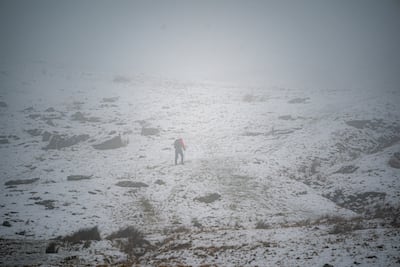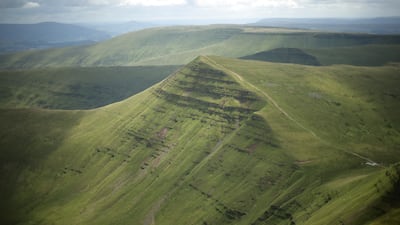As part of its contribution to tackling climate change, Wales has chosen to rename the popular Brecon Beacons to abandon its association with historical signal fires.
The region, home to the much-climbed 886-metre Pen y Fan mountain, will now be officially referred to as the “Bannau Brycheiniog” National Park.
Officials believe the word “beacon” alongside the symbol of a flaming bonfire emitting carbon “does not fit with the ethos” of an environmentally friendly organisation.
“We’re trying to cut carbon and push to net zero so having a carbon-burning beacon just isn’t a good look,” said Catherine Mealing-Jones, chief executive of the national park in Wales.
She said the change was in “direct response to the climate and biodiversity emergency”.
The new name, pronounced "Ban-eye Bruck-ein-iog", is also part of efforts to promote the Welsh language and will feature on signs and promotional leaflets.
It comes as a new vision is in the pipeline for the 1350 square kilometre park in mid-Wales, which is used widely by the public and for military training and testing.
The plan is to build more onshore wind turbines and reduce sheep numbers with the ai of reaching net zero by 2035.

But some Conservative politicians have derided the change, suggesting that other historical names such as “Burns Night” or the town of Blackburn or Coalville might be vulnerable.
“I have to say that I have never made the association between the Beacons and fire,” said Robert Goodwill, Tory MP for Scarborough and Whitby. “I think it is more important to retain historical names as part of our heritage.”
Ms Mealing-Jones admitted “that it’s absolutely fine” that the estimated three million annual visitors to the area will “continue to call it the Brecon Beacons”.
“As a national park, we are not just duty bound but we are pleased to promote Welsh language and Welsh heritage,” she added.
Last year the Snowdonia National Park Authority in Wales changed the name of the country’s highest mountain from Snowdon to Yr Wyddf.


